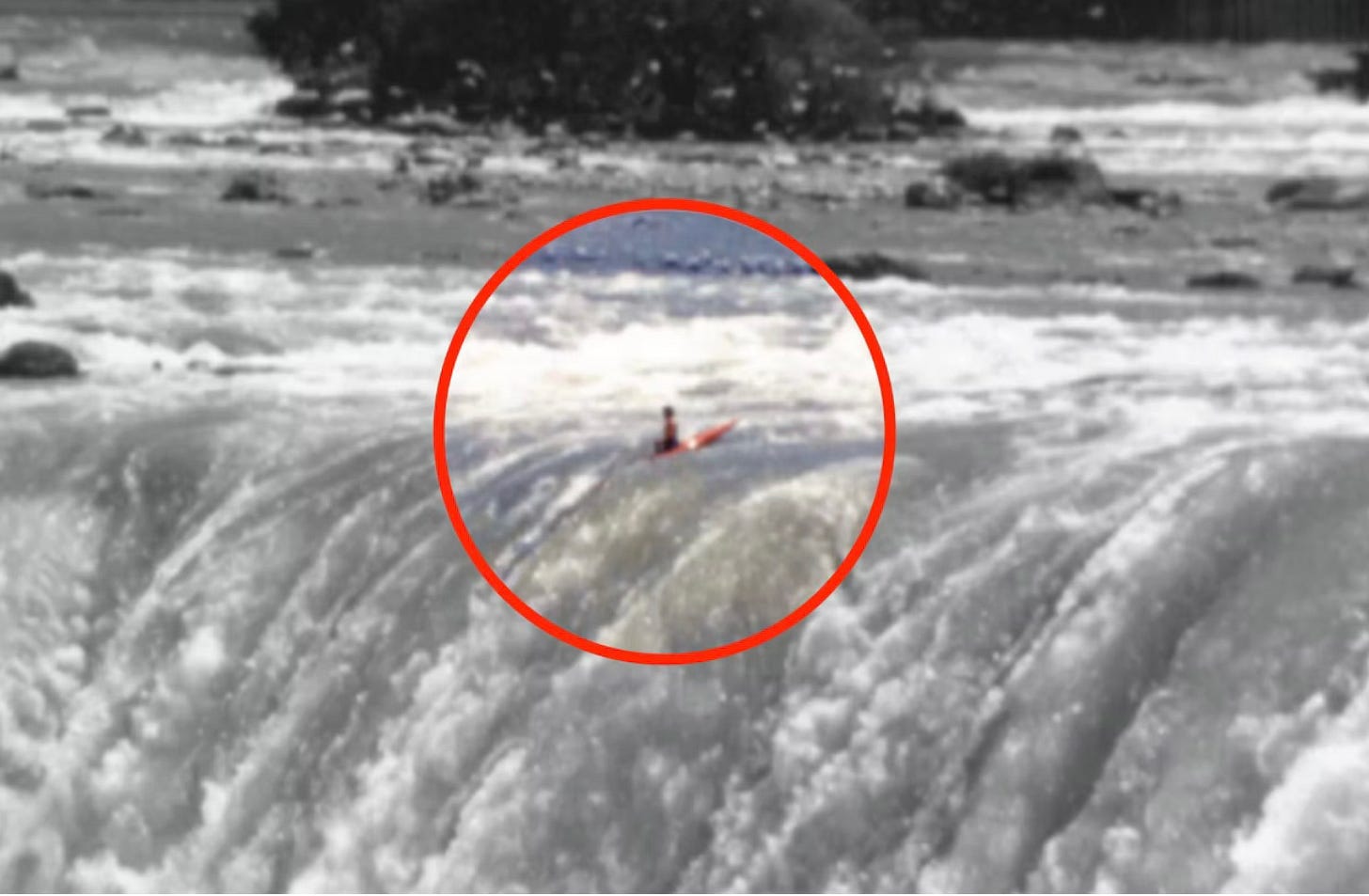Various people have been credited with the phrase, “Often wrong, but never in doubt,” and it resonates with all of us. We’ve all known those people, worked for those people, maybe even voted for those people. They choose a course of action, convinced they’re right, confident in their own judgment. Plowing forward, they throw the cautions and counsel of smarter people to the wind. They’re so confident, that they often persuade others to follow them. Sometimes they’re right, and in the end, they look like geniuses. But when they’re wrong, they look like fools.
After preaching the Sermon on the Mount (Matthew 5–6), Jesus turned to the crowd and put it bluntly,
And everyone who hears these words of mine and does not do them will be like a foolish man who built his house on the sand. And the rain fell, and the floods came, and the winds blew and beat against that house, and it fell, and great was the fall of it.” –Matthew 7:26–27
Why did he build his house on the sand? Sand is easy to work with. You can move it, shape it, and level it with ease. This site was also available. No one else wanted to build there for good reason. But all this man can see is that building here will be convenient and comfortable. With great confidence, he draws up a plan, purchases materials, stacks the stone, and constructs the roof. Neighbors gossip about the foolish decision behind his back, but a few friends warn him to his face. Yet his pride won’t let him admit he’s wrong and he pays no heed to the warnings. Move-in day comes and as the weeks go by, he tastes the sweetness of vindication in Israel’s dry months of April to October. But the rainy season beginning in September will be the test. The skies opened and poured out liquid wrath. Raging whitewater floods overflowed their banks. Judgement Day had come.
Jesus never promised his followers a life of ease. Following Jesus is often hard, inconvenient, uncomfortable, and unpopular. “Enter by the narrow gate,” commanded Jesus, “For the gate is wide and the way is easy that leads to destruction, and those who enter by it are many” (Mt. 7:13). Most of the world will choose the wide gate and the easy way. Most will perish.
Upstream or Downstream?
Knowing, loving, obeying, and exalting Jesus will be like paddling against the current of the culture. Every whitewater enthusiast has two options when they get to the river. They can paddle upstream or downstream. The easiest and most popular choice is downstream. But what if the river is the Niagara, and what if the put-in point is a mile upstream from the furious foam of Niagara Falls?
Everyone in your group may vote for paddling downstream, but you voice some concern. “What about, you know, the Falls?” But your friends exude confidence. “How hard could it be? Come on! It’ll be fun.” It will also be easy, convenient, comfortable, and popular to paddle downstream. If you choose to paddle upstream, it will be hard and you may be alone, mocked, insulted, and cancelled. Your friends have so much confidence in the course they’ve chosen. What will you do?
The Confidence of Jesse Sharp
On June 5, 1990, Jesse Sharp had so much confidence he could conquer Niagara Falls that he parked his car downstream from the Falls, made dinner reservations for that evening, stepped into his kayak above Niagara Falls and took the easy way downstream. At 28, Sharp was a whitewater expert and an aspiring stunt man who was confident this exhibition would boost his career. He wore no helmet, because he wanted his face to be fully visible for the video he asked his friends to shoot. He wore no life vest so he could more easily exit the kayak if needed. The last picture taken of Jesse Sharp records the moment at 1:45 p.m. that he confidently paddled over the Falls. Hours later, rescue teams found his kayak, but to this day the body of Jesse Sharp has never been recovered. Judgment Day arrived and no amount of self-confidence could save him.
Confidence in Jesus
The massive river of human culture is fed by thousands of tributaries raging with religions, philosophies, idols, false gods, counterfeit Christianities, and alternative Jesuses that rebel against God. Most people will paddle with that current because they have confidence that they are going the right way. Yet, “There is a way that seems right to a man, but its end is the way of death” (Pr. 14:12). The gospel is the counter-intuitive good news that Jesus died in the place of sinners, was buried, was raised from the dead, and appeared to many eyewitnesses (1 Cor. 15:1-5). The only right response to the gospel is to put your confidence in Jesus, renouncing your self-confidence, and trusting that when he died, he died for you. That is the only response that provides a way to escape God’s judgment.
When you understand that he gave his body to die for you, you will want to give your body to live for him as “a living sacrifice” (Ro. 12:1). In other words, if you’re really saved, you are committed to follow Jesus in paddling upstream. It will often be hard, inconvenient, uncomfortable, and unpopular. But this should be no surprise. Jesus was clear on the commitment he called for: “If anyone would come after me, let him deny himself and take up his cross daily and follow me” (Luke 9:23).
Choose well, friends. It’s possible to be extremely confident and totally wrong.


“There is a way that seems right to a man, but its end is the way of death” (Pr. 14:12).
Thank you Steve